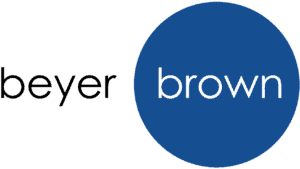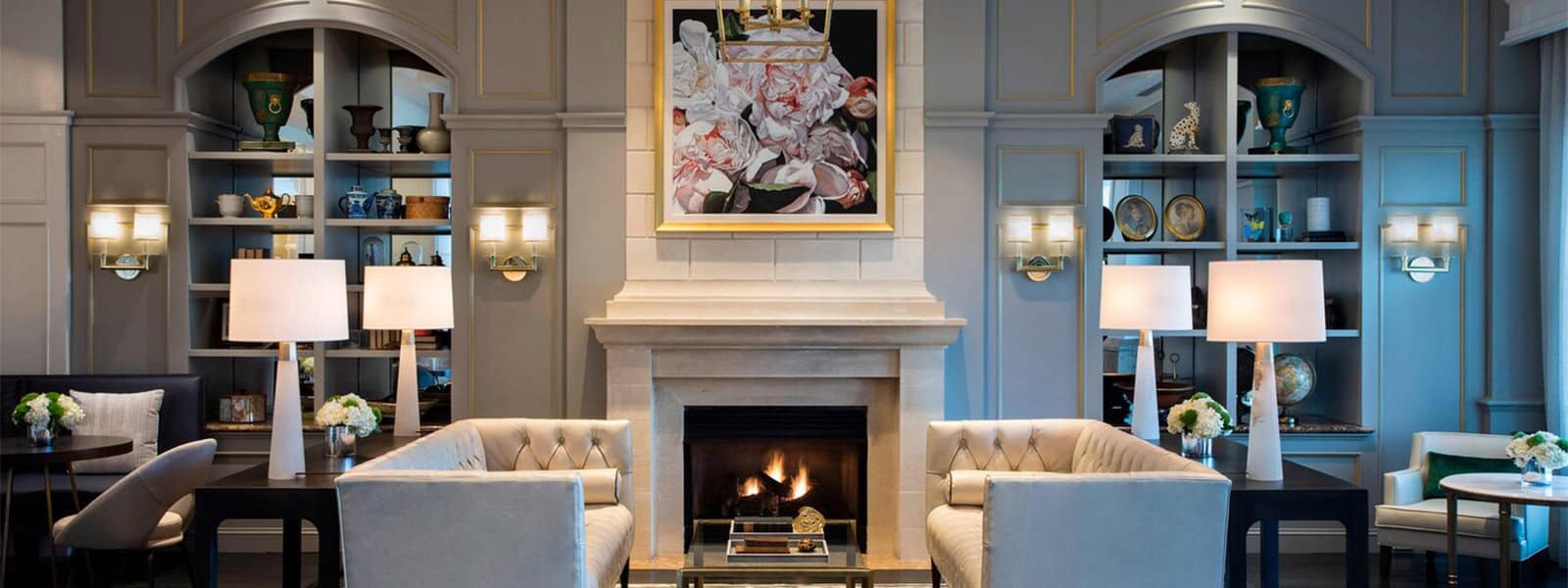
Hotel owners and developers have a lot of decisions to make when they add a new property to their portfolio. Some of the earliest and perhaps biggest decisions are whether or not to brand your property, and how to brand it? Is it a new build, or a renovation that could qualify for a brand conversion?
We asked some owner’s representatives and project management groups what advice they may give in regards to choosing a brand. When is it appropriate, how do you know if it’s right for your property, and what do you take into account when making this huge decision? If choosing to convert from one brand to another, what factors drive that decision? Thank you to Keith Baker and Brian Mashburn from PDSI, Brent Hardy from The Hardy Group, and Mark Knott from Project Management Advisors for sharing with us.
What to Consider When Selecting a Brand for Your Hotel
Keith Baker, PDSI – “At PDSI, we’re committed to driving as much value as possible for our clients, and that starts with our ability to fully understand our client’s investment strategies and how they align with brand options and choices. Budget, desired speed to market, and hold period are all important factors when pairing an Owner to a brand. In conjunction with this, our Owners typically implement a market study to understand underserved demographics, brand saturation, and current performance of the potential competitors.”
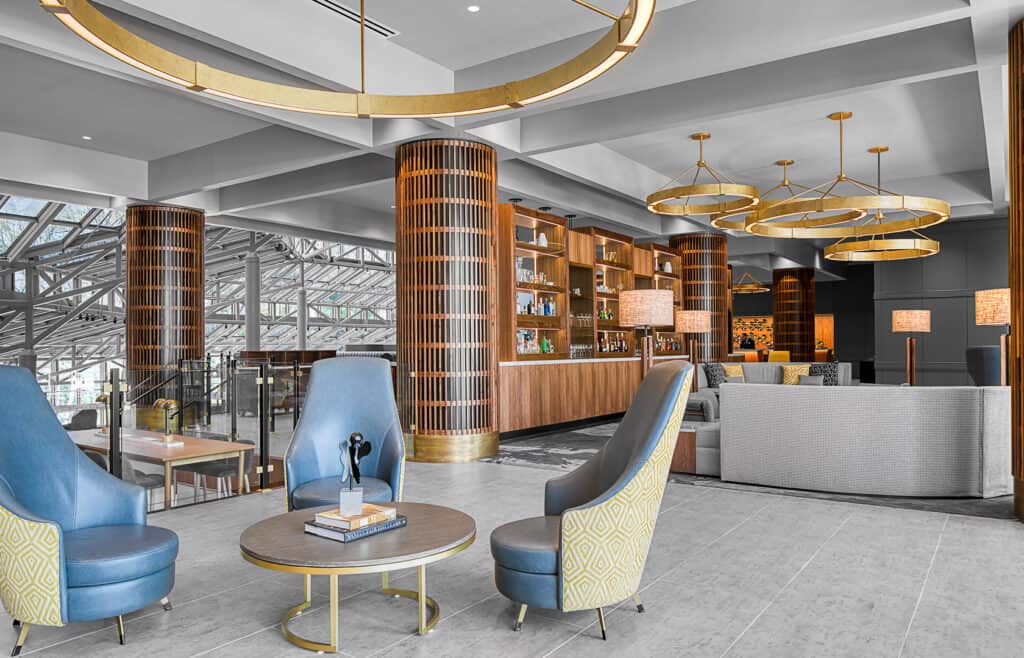
Brent Hardy, The Hardy Group – “In our experience the most successful brand conversions occur when there is a clear emphasis on scope and design requirements early in the process which is supported by as detailed documentations to ensure that all stakeholders are aligned in expectations.”
Mark Knott, PMA – “Selecting a hotel brand comes down to market needs, our client’s development and overall financial strategy. Ground-up development versus an existing property with a brand conversion have unique considerations that drive the decision-making process. Currently, the cost of debt and cost of construction are steering more clients to evaluate acquisition that present value-add opportunities and those come with additional set of data point to consider.”
Is a Brand Right For Your Hotel or is an Independent Property More Suited to Your Goals?
Keith Baker, PDSI – “That decision tends to be market driven for our clients. In some markets, like Washington, DC, independent brands perform well without the benefit of a recognized brand and reservation system. In secondary markets, many of our clients rely on brand recognition to drive business to their hotel.”
Brian Mashburn, PDSI – “We know there’s not a one size fits all answer, and we have breadth and depth of experience to provide the unique guidance each of our clients warrant. We find many clients want to stick with a brand yet have a more boutique feel; those clients gravitate towards the soft brands that have been introduced by most hotel companies in lieu of staying independent. This provides the client with design flexibility, while still being part of the brand’s reservation system.”
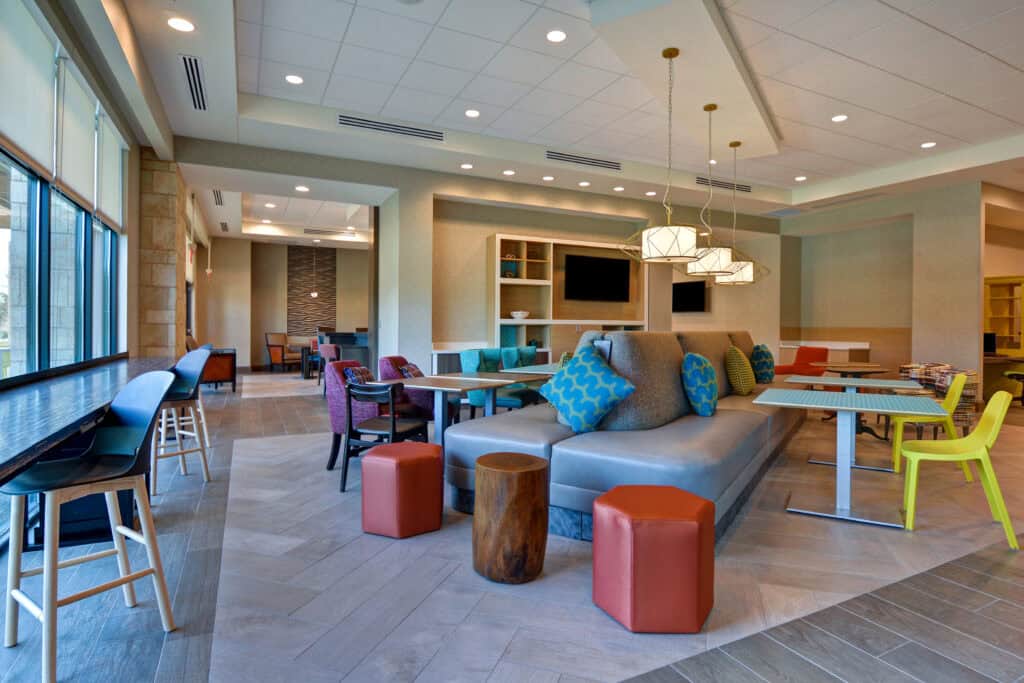
Mark Knott, PMA – “Non-branded properties are a difficult segment to jump into without prior experience. Brands create a level of expectation and service, in addition to carrying a recognizable name. Making all the decisions from design, FFE, to F+B, to OS&E is a lot of heavy lifting. It can be difficult without the right team in place.
Depending on the market, a soft brand or a luxury-level boutique flag could be a good alternative to evaluate. You get some of the benefits of the brand with the flexibility and creativity to fill the unique needs and design of the local area. An independent or a boutique brand can be a great option for some, but we advise our clients to have a well-seasoned operating partner to guide them through the process, and a development team who has experience in boutique hotels to support a brand conversion.”
What to Know Before You Flag Your Property
Keith Baker, PDSI – “It’s important to understand any new brand initiative or initiatives that might be in the pipeline and could affect their investment strategy. Knowing how pliable the brand is to granting waivers or being receptive to other revenue generating Owner adds is important as well.”
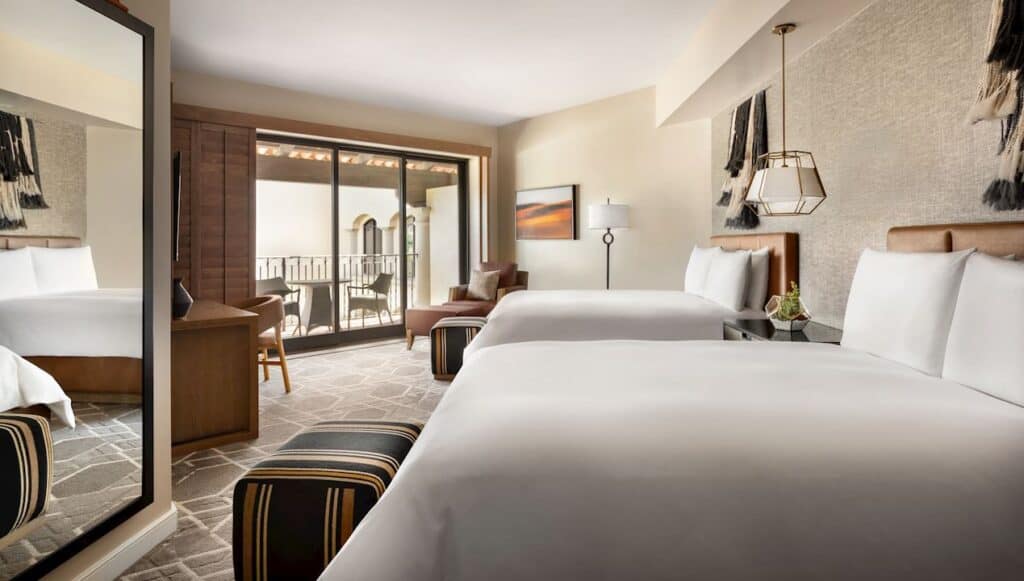
Brian Mashburn, PDSI – “It’s all about mitigating risk – risk of runaway budgets, scope that doesn’t match the investment criteria, and an asset that doesn’t achieve optimal returns. Our value comes in the experience to navigate the PIPs (property improvement plan) all hotel companies should provide that advise of the necessary renovation requirements to meet brand criteria and drive lifetime value of the investment. This PIP allows us, as experts in our field, to provide a budget, scope, schedule, and risk assessment for the project that will provide a path to achieving optimized ROI.”
Brent Hardy, The Hardy Group – “Each brand aims to leave its mark on the existing asset. It’s essential to understand how these physical alterations impact the cost, timeline, and risk of upcoming development projects to ensure that the projected financial returns at the at the beginning of the project, are not eroded by the end.”
Tips to Consider when Contemplating a Brand Conversion
Brent Hardy, President of The Hardy Group shared some of the risks and challenges that come with brand conversions. Here are his top 5 tips:
- Consider the relative market segment between both the old and new brands. Brand conversions which are staying within a similar market segmentation are likely to have less inherent risk than those which are further apart. The further apart in market positioning expensive the investment can become as new program elements (restaurants, pools, etc.) can be required.
- Understand that your leverage with the brand is the greatest before signing a new franchise or management agreement. Have a comprehensive understanding of what unique constraints may exist with the current property, and how those constraints will need to be documented with specific waivers from brand standards is critically important to the overall success of the deal. Smart investors often invest both time and money to conduct a robust due-diligence process to review, validate, and document each potential competing brands unique requirements to make sure the right deal is made.
- Review and have a clear understanding as to how the brand will authorize or permit the actual date which will allow the property to “go live” within their respective brand reservation systems. This will have a major impact on the phasing of the project work as many specific interim milestones will need to be administered which may not be aligned with typical construction schedules and sequencing.
- Gather specific line-item approvals and feedback as you progress in design. The more an owner can document detailed brand comments, and then specifically ensure they are being addressed, the less chance there will be for conflicts on scope or design opinions to change or evolve during the design process. When necessary, upon receiving brand feedback, ask for any additional clarity or detail to avoid ambiguity in design direction.
- Owners should consider that most hotel brands are sizable corporations, encompassing various departments, managers, and layers of approvals, which can entail both advantages and disadvantages. It’s crucial to establish clear expectations regarding primary points of contact early in the process.
We hope this has helped shed some light on the decision-making process, and that you have enjoyed these shared pieces of advice. While sometimes the brand decision has been made far before you hire a project management group, your owner’s representative can provide some direction and guidance if there are any uncertainties or decisions that need to be made.
Thank you for joining us for this conversation. If you have anything else to add, we’d love to hear it! Feel free to reach out to us at [email protected] with any comments or questions.
